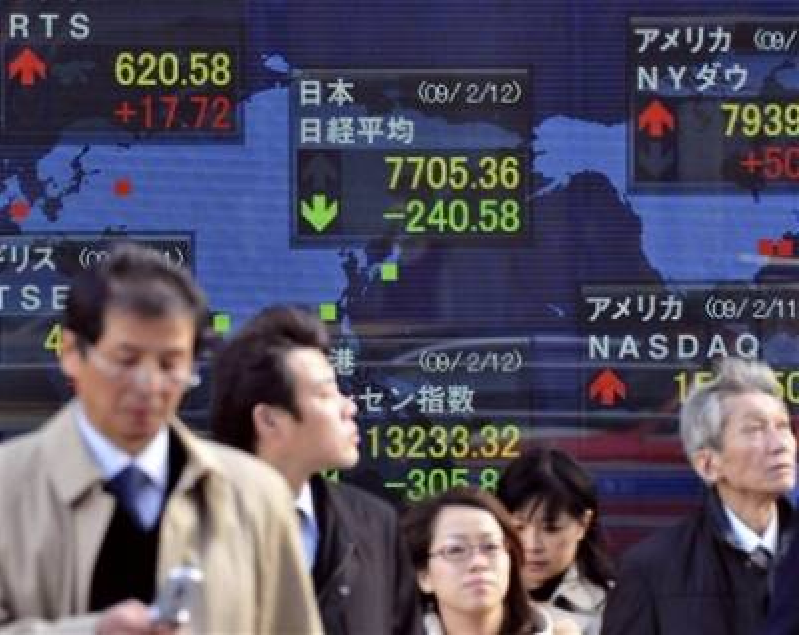
The church needs to be the prophetic voice that confronts the moral crisis underlying the world’s economic crisis, said global church leaders this past week at a public hearing.
“Capitalism tells us that to be more, we must have more,” said Miguel d’Escoto Brockmann, a Roman Catholic priest from Nicaragua, at the event hosted by World Council of Churches on Feb. 19 in observance of the United Nation’s International Year of Reconciliation.
“But where are the prophetic voices of the churches today,” he asked, challenging Christians to “dare to speak out” against ideas that contradict Christian teachings.
The Rev. Dr. Setri Nyomi, general secretary of the World Alliance of Reformed Churches, also spoke about greed as he highlighted the tensions and divisions caused by economic inequalities in the world during the event.
“So long as overt and covert greed undergirds an economic system which impoverishes people in many parts of the world, humanity is building up fragmented societies,” warned Nyomi, a theologian from Ghana, according to a WARC report.
He attributed the rise in hate crimes against minorities in a number of countries to financial insecurities.
“Immigrants and minorities in affluent communities become the targets of hatred and exclusion,” Nyomi said.
The healing of divisions has been of crucial concern to the World Council of Churches (WCC), which sponsored the public hearing last week to highlight the churches' contribution to the International Year of Reconciliation proclaimed by the United Nations for 2009.
For Thursday’s event, the ecumenical Christian body brought together a panel of four Christian leaders from different continents and confessional backgrounds to share their experiences in reconciliation processes, including Brockmann; Nyomi; Archbishop Silvano M. Tomasi, permanent observer of the Holy See to the United Nations and Specialized Agencies in Geneva; and the Rev. Dr Margaretha Hendriks-Ririmasse, vice moderator of the WCC Central Committee.
During the public hearing, Nyomi noted how even churches are divided because of the economic crisis.
With differences in opinions and analysis on how the financial downturn can be fixed, Christians “begin to see each other in terms of right or left, conservative or liberal,” he said.
“So rather than operate together as Christians to address the evils that lead to injustice, we live out these divisions while many are dying as a result of global economic arrangements,” the reformed church leader criticized.
But Nyomi believes that in the face of crisis and division, the church will be able to find new ways to address the challenges of global economic inequalities. He noted how WARC member churches have vowed to work towards a more just economy with a 2004 agreement called the “Accra Confession,” which states: “We believe that the integrity of our faith is at stake if we remain silent or refuse to act in the face of the current system of neoliberal economic globalization.”
Now, he added, is not a “time for lamentation.”







